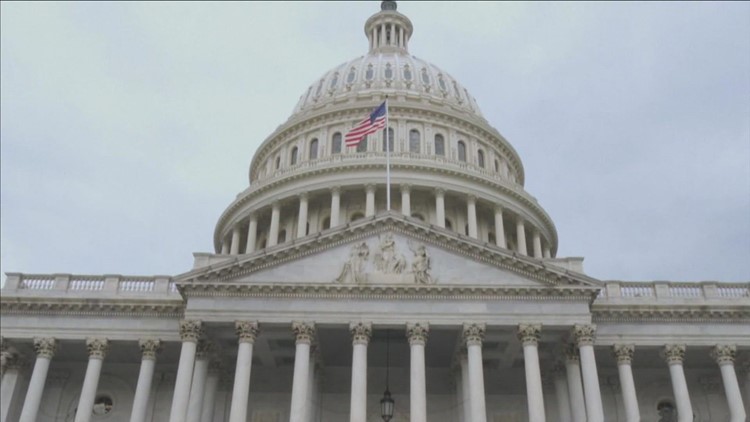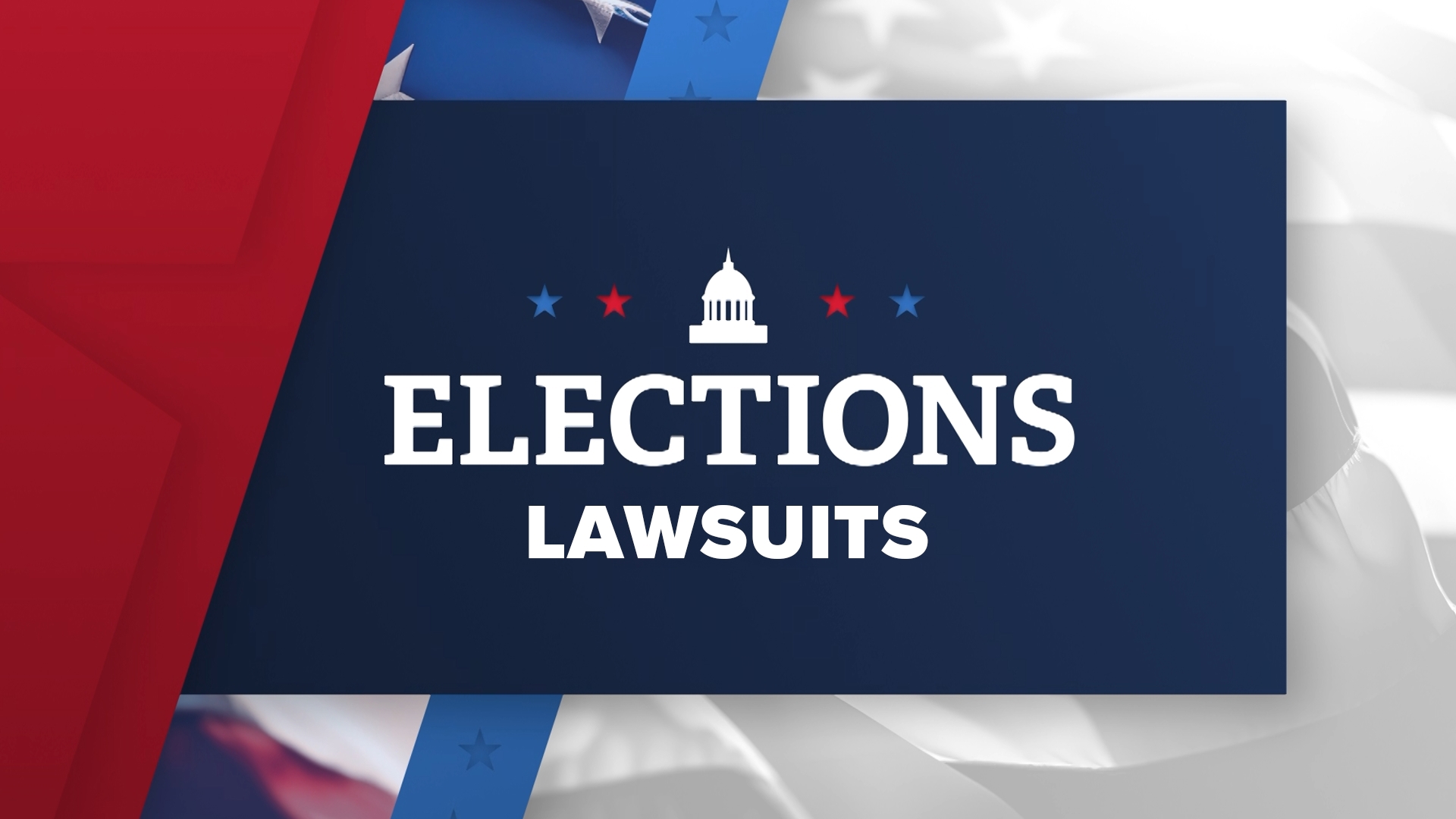MEMPHIS, Tenn. — Gun laws have recently been a constant debate, as Americans can count more mass shootings than there have been days this the year, with two of the worst tragedies being a racially motivated attack that left 10 Black grocery shoppers in Buffalo, NY dead and the massacre at an elementary school in Uvalde, TX that the took the lives of 19 students and two teachers.
The Senate approved a gun control bill on Thursday, June 23, a bill that features many of the gun restrictions that left-wing Democrats and citizens who are fed up with gun violence have begged for.
Although the bipartisan bill passed in the Senate with a final 65-33 vote, with 15 Republicans voting in favor of the bill, there were several Republicans who felt snubbed by the newly passed gun laws of their second amendment right to bear arms.
Tennessee Senators Marsha Blackburn and Bill Hagerty were among the Republicans who voted no on the bill.
Blackburn said that she supports parts of the bill that sets aside money to fund school security and mental health treatment, but she made it clear that the constitutional right to bear arms is "not negotiable" in her eyes.
Hagerty released a statement after the bills passing.
“I have said for weeks that Congress should consider what it can do to address the root causes of senseless massacres that our country has seen far too often, but that any bill that infringes upon the Second Amendment right of law-abiding citizens would not have my support. Sadly, this legislation gives government officials and courts more power to restrict Tennesseans’ constitutional rights, which does not make anyone safer. This bill was also crafted without committee input or any opportunity to offer amendments on the Senate floor to improve or meaningfully examine the provisions.”
Hagerty's thoughts on what the "root causes" of gun violence were not clarified in the statement.
The bill specifically extends the then three day limitation for background checks to 10 days. The bill also makes local juvenile records for people ages 18-20 available for review during required federal background checks, placing closer observations on young gun buyers.
The bipartisan bill also restricts people who are convicted of domestic abuse and who are married to, living with, or who share children with the victim from buying guns.
In addition to gun restrictions, the bill provides funding for behavioral and mental health programs and school safety and security.
The bill does not ban assault riffles or require people to explain their need to carry a gun before they are able to make a gun purchase.



